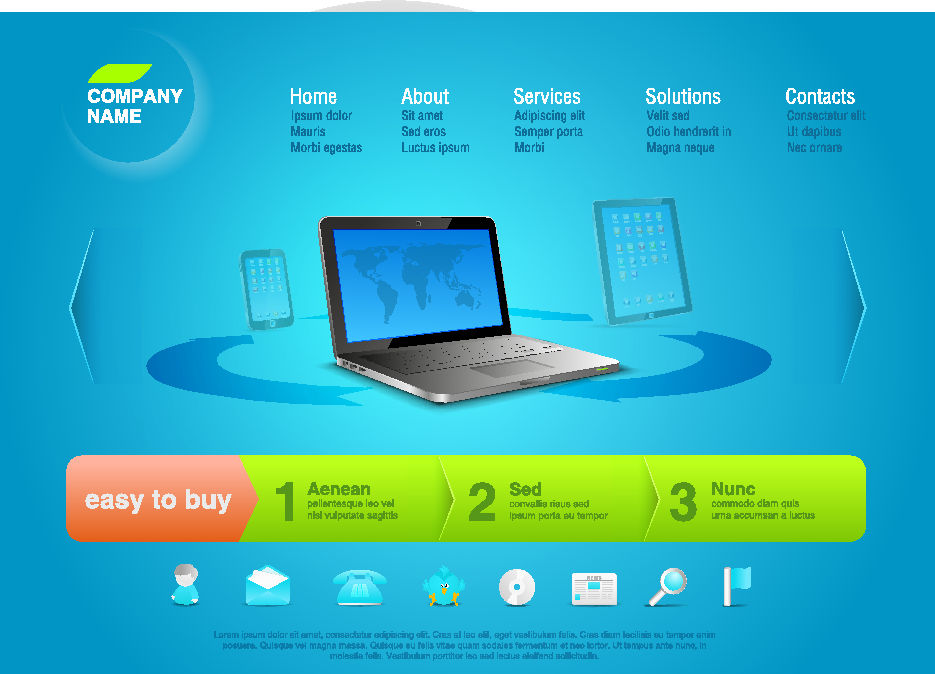Popular Marketing Posts
Six Essential Considerations When Planning A Website
 It’s often said that the planning stage is the single most important in the website development process. Which is true, but only if each element within the planning process is given sufficient priority.
It’s often said that the planning stage is the single most important in the website development process. Which is true, but only if each element within the planning process is given sufficient priority.
Planning a website isn’t simply about deciding on a pretty layout and putting the thing together. Instead, it’s about drawing up a comprehensive blueprint for the success of your online business.
Get it right and the rest falls into place quite naturally.
So with this in mind, what follows is a brief overview of the six most important considerations that form part of the website planning process:
1. Consider User Personas
The first and most important thing you need to do is put yourself in a position of your intended target audience. Rather than focusing on the wants and needs of your business, take a look at things through your customers’ eyes. Think about what it is they want, what it is they expect and the kinds of things that will keep them hooked to your business.
2. Do Some Competitor Research
There’s a big difference between strategic competitor research and simply ripping off other websites wholesale. For obvious reasons, the latter is inadvisable. Nevertheless, it’s imperative that you explore the customer experience provided by your rivals – once again, from the perspective of the customer. See what they do right, what could be improved, what they’ve isolated as their unique selling points and so on.
3. Choose Your SEO Strategy
The earlier you begin planning and implementing your SEO strategy, the better. While it’s technically possible to add SEO elements to a site that’s already been built, it is so much easier and more effective to weave strategic SEO into its fabric from the start. Which means that long before the actual development process begins, you should know exactly how you are going to use SEO to your advantage.
4. Complete a Content Inventory
If you are going about a website redevelopment project, you should think about carrying out a full content audit to produce a quality content inventory. Assess which examples of your content have proved more successful than others, what could be improved, what you need to get rid of, whether your writing style is up to standard and so on. Only migrate content that is genuinely worthy of a place on your new website.
5. Allocate Responsibilities
You also need to ensure that everyone (internally and externally) who’s going to be involved in the development and management of your website knows and understands their responsibilities, inside out. Before the site begins to take shape physically, every key duty and responsibility should have been assigned to the most capable party available.
6. Consider Your CMS or Platform
Last but not least, the content management system or platform upon which you decide to build your website will have a strong impact on everything that happens thereafter. Suffice to say therefore, it isn’t a decision to rush into or make blindly. From WordPress to Joomla to Magento and so on, consider all available options thoroughly and seek professional advice if unsure.

